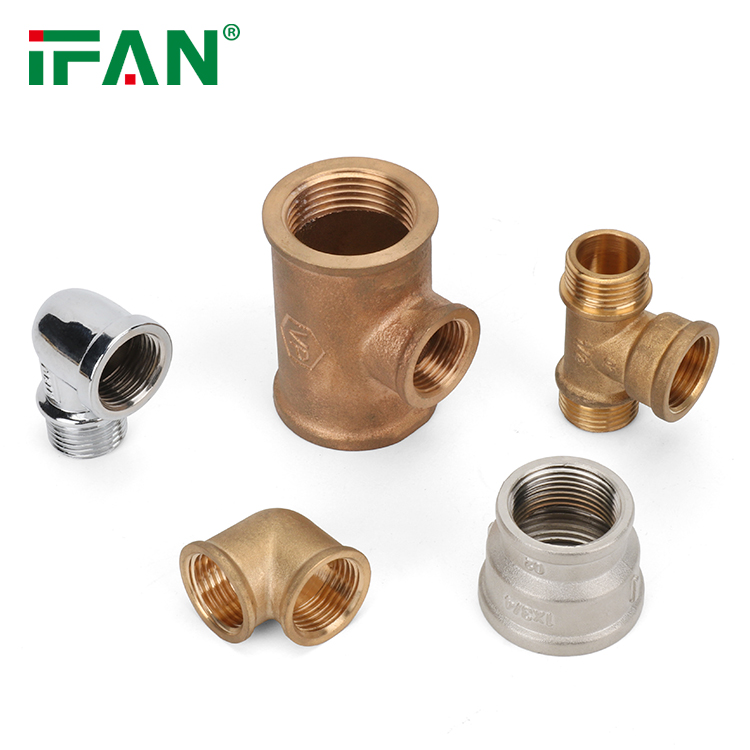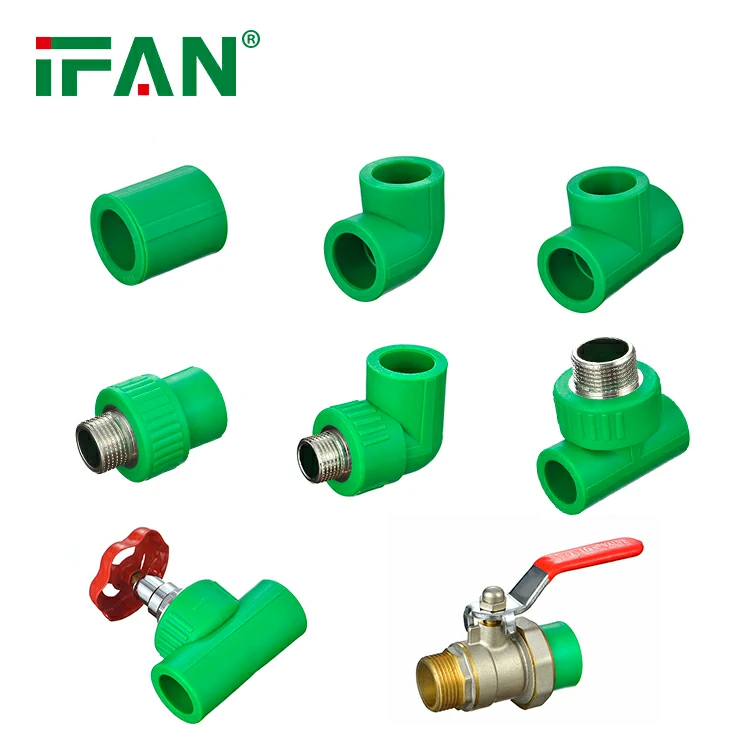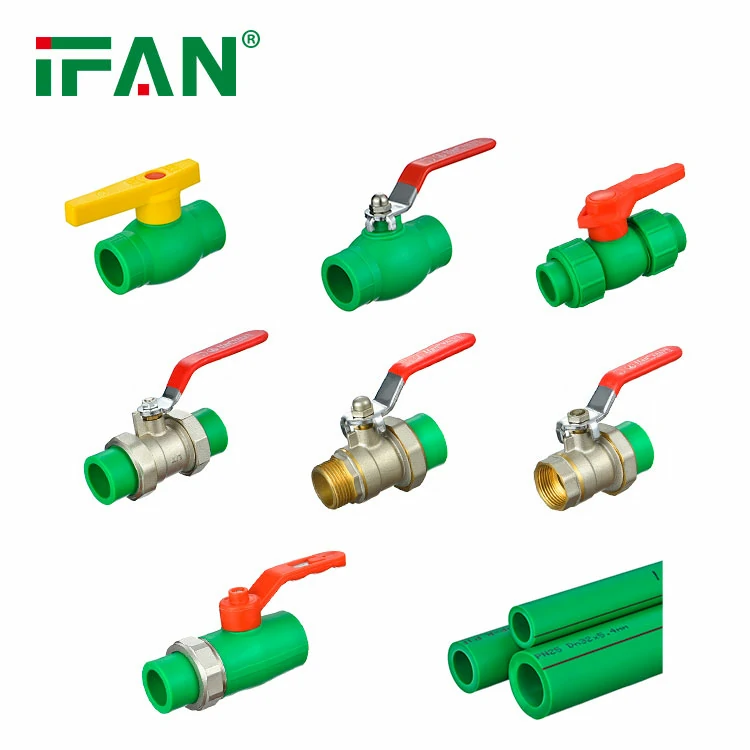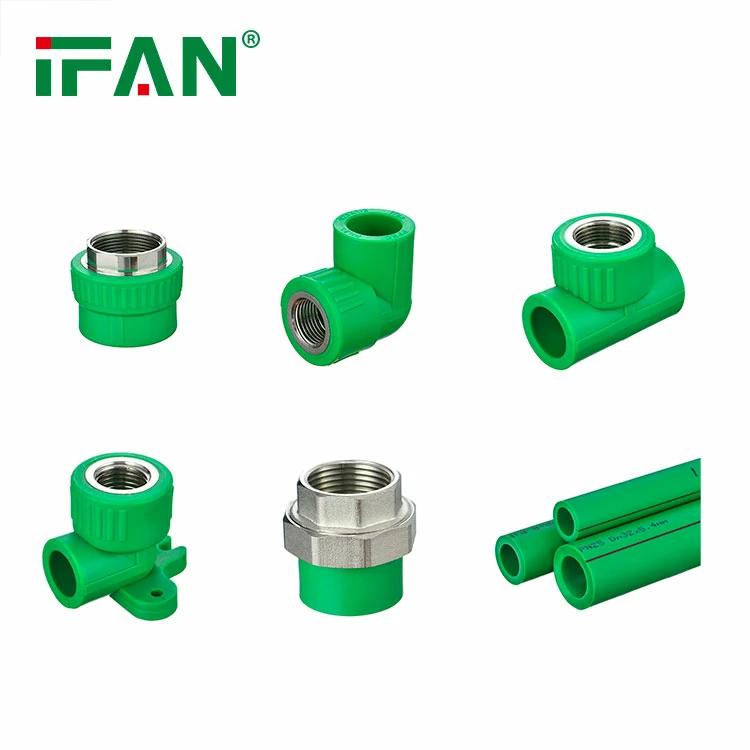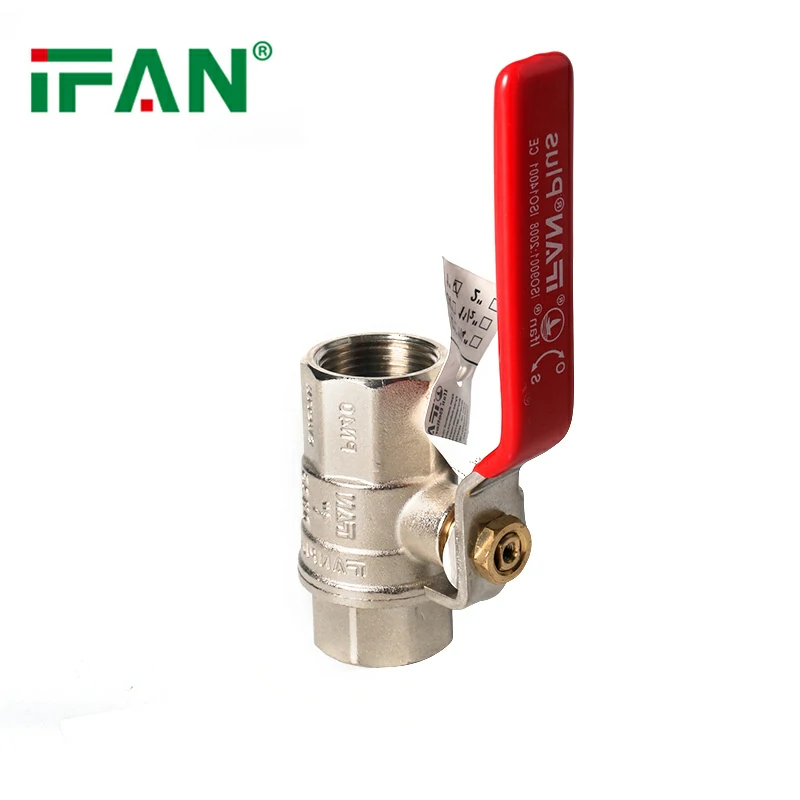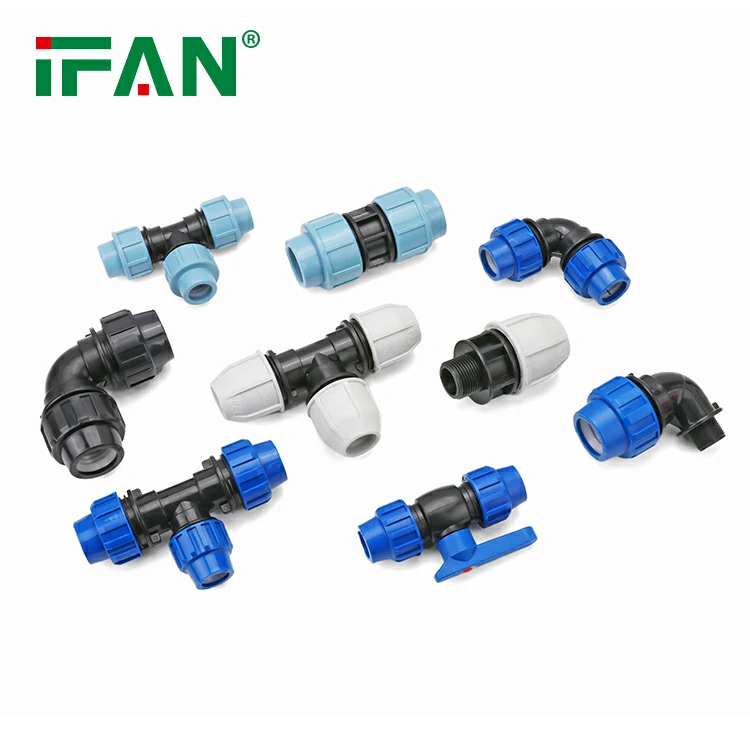The Benefits of Using Brass Fittings in Marine and Offshore Industries
Brass fittings have become the go-to choice for marine and offshore industries due to their several benefits. They are a combination of copper and zinc, which makes them highly durable, resistant to corrosion, and malleable. This makes brass fittings suitable for use in harsh environments and critical applications.
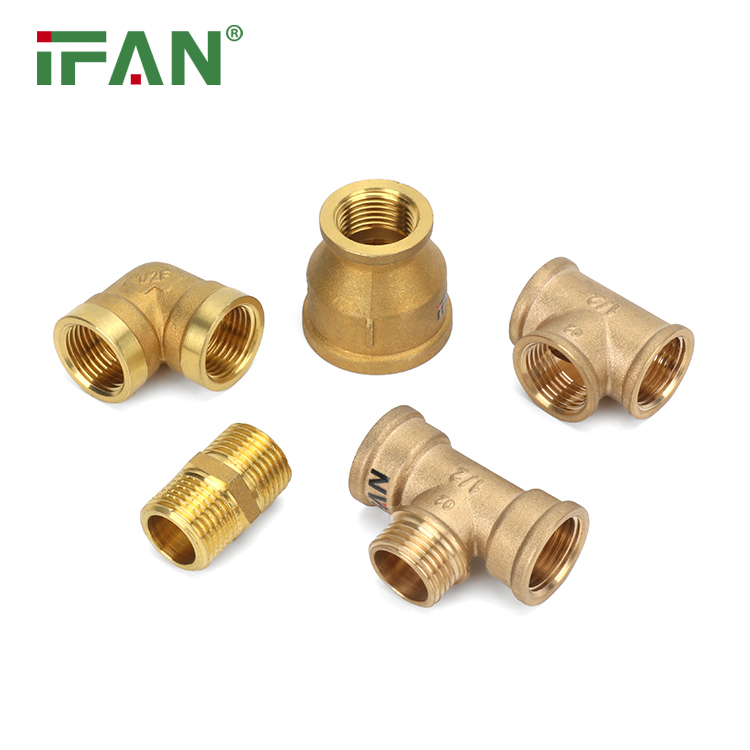
One of the main advantages of brass fittings is their resistance to corrosion. They are resistant to saltwater and other chemicals, making them ideal for use in marine and offshore environments. They also have low levels of toxicity, making them safe for use in water systems.
Another benefit of using brass fittings is their durability. Their high resistance to corrosion ensures that they can withstand harsh conditions without rusting, cracking, or breaking, resulting in a longer lifespan. This translates to lower replacement costs, hence reducing maintenance costs.
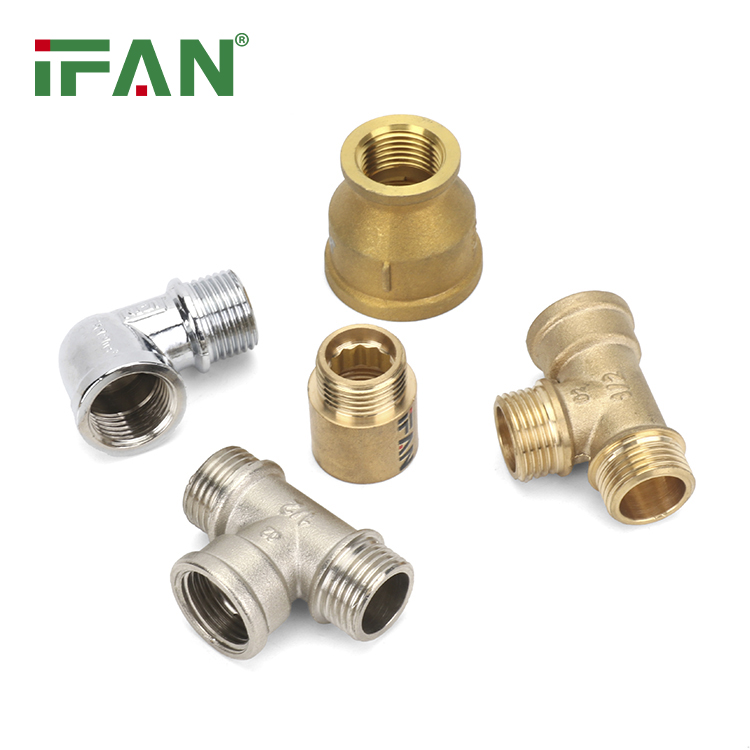
Brass fittings are also easy to install and maintain. Their malleability allows them to be bent and shaped with ease, making it easier to fit them in tight spaces. They also do not require complicated cleaning procedures, hence reducing maintenance costs and efforts.
Apart from their practical benefits, brass fittings also have aesthetic value. They offer a classic and stylish look that complements the aesthetics of marine and offshore environments. This can be a significant selling point when marketing products and services in the marine industry.
In conclusion, brass fittings offer several benefits that make them highly suitable for use in marine and offshore industries. They are highly resistant to corrosion, durable, easy to install and maintain, and have aesthetic value. Their ability to withstand harsh environments translates to reduced maintenance costs, making them a valuable investment for businesses in the marine and offshore industries.
